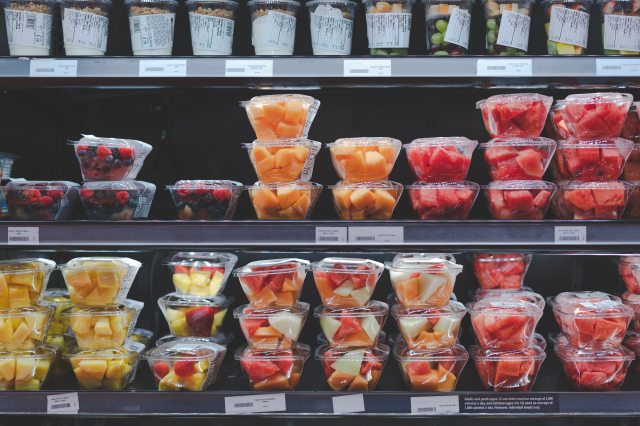
With consumers becoming highly concerned about the possibility of being exposed to COVID-19 and its impact on their health and lifestyle, customer behaviour, especially consumption habits, is changing within Asia Pacific’s food service industry, according to GlobalData.
The research company found that with customers shifting their consumption habits, it is now necessary for brands to follow growing business trends that are in sync with the consumer’s comfortability.
GlobalData consumer insights analyst Shagun Sachdeva identified some key trends and developing insights impacting the foodservice industry in the region as a result of COVID-19.
Sachdeva said COVID-19 has transformed the dynamics of the market, giving rise to automated and robotic led outlets.
“Automated systems will allow food service companies to defend themselves against these unexpected disasters while at the same time appealing to customers who are still wary of human-to-human contact, justifying the social distancing aptly,” Sachdeva said.
As per GlobalData’s 2019 Q4 survey, the concept of being served by robots instead of human while eating outside the home is appealing for nearly 46 per cent of Asia Pacific consumers. In the longer-term, automation of the kitchen and e-commerce may become important to keep labor costs low and potentially increase funds for delivering meals, GlobalData said.
According to Sachdeva, foodservice companies are now shifting from meal distribution to the sale of grocery and raw products.
“The scale of upheaval is staggering as most pubs, clubs and restaurants have been closed for business. Profit sector sales forecasts in the APAC for 2020 are 16.4 per cent lower as a result of the pandemic and reduced socialising,” he said.
“Hence, foodservice operators and third-party delivery companies are explicitly courting more ethical and community-focused models of business, even if this is simply to help out rather than to drive sustainable revenues.”
He suggested that operators and their suppliers seek to make maximum use of the new ways consumers are socialising, such as using online applications, to re-connect with consumers.
Sachdeva added that ‘contactless’ operations might also help to attract consumers who may still be concerned about human contact following the outbreak.
“Many hotels and restaurants that previously did not offer a delivery service are joining the bandwagon to reach out to their customers and maintain their business,” he said.
“According to the COVID-19 Week 3 Consumer Survey, 39 per cent of Indians and 34 per cent of Chinese have been ordering food deliveries (from restaurants) take-away more often than before. The survey highlights the opportunity for foodservice operators the tap the demand.”
He also mentioned that foodservice operators have now realigned their focus on the health and well-being of employees and customers.
“Maximising the revenues from new channels will be the key for small-scale profit sector operators to survive; therefore operators will see an upturn in sales through promotion and marketing of a range of retail products,” he said.


